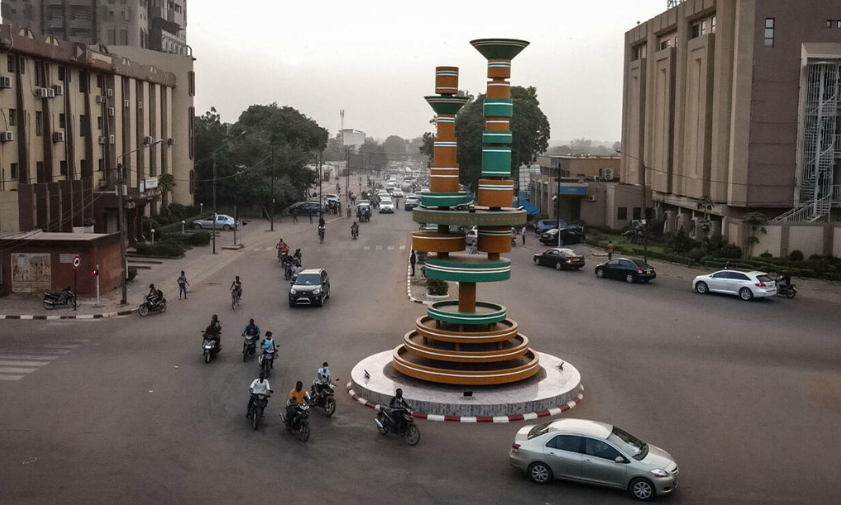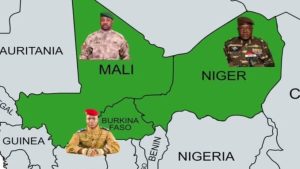Burkina Faso: Economic recovery, mining sovereignty, and protection of purchasing power are the country’s new economic realities

Despite a difficult security context and an unfavorable international environment, Burkina Faso recorded an economic growth rate of 1.5% in 2024. Though modest, this progress reflects a dynamic of resilience driven by the revival of agricultural and mining production.
In several secured areas, agricultural activities were able to resume, leading to improved yields and strengthening local processing. This development not only supports food self-sufficiency but also opens opportunities for exporting surpluses. Authorities view agriculture as a key sector, capable of sustaining growth and reducing dependency on imports.
The mining sector, a vital pillar of the national economy, is also experiencing renewed momentum. Sites that had long been dormant have resumed operations, boosting state revenues. The strategy now favors greater national involvement in gold exploitation. Some mines are placed under direct state control or co-managed, ensuring a fairer redistribution of revenues. The stated goal is to ensure that natural resources benefit the country and its people more equitably.
This approach is part of a broader commitment to strengthening economic sovereignty. The exploitation of national resources by local actors is seen as a way to reduce reliance on external stakeholders and to consolidate the foundations of autonomous development. Priority is given to fairer management of gold revenues and their reinvestment into strategic sectors.
However, authorities emphasize that economic growth must not be confined to macroeconomic indicators. Its real impact lies in the ability of the population, particularly the most vulnerable, to improve their living conditions. In this regard, regulating the prices of essential goods plays a central role. Preserving purchasing power is presented as a key condition for ensuring that economic gains translate into tangible improvements in daily life for Burkinabe citizens.
The combination of agricultural revival, mining sovereignty, and price control thus forms the foundation of the national economic strategy. The ambition is clear: to build a resilient economy, capable of withstanding external shocks and meeting the needs of the population. More than just a growth figure, the objective is to lay the groundwork for sustainable and inclusive development.






